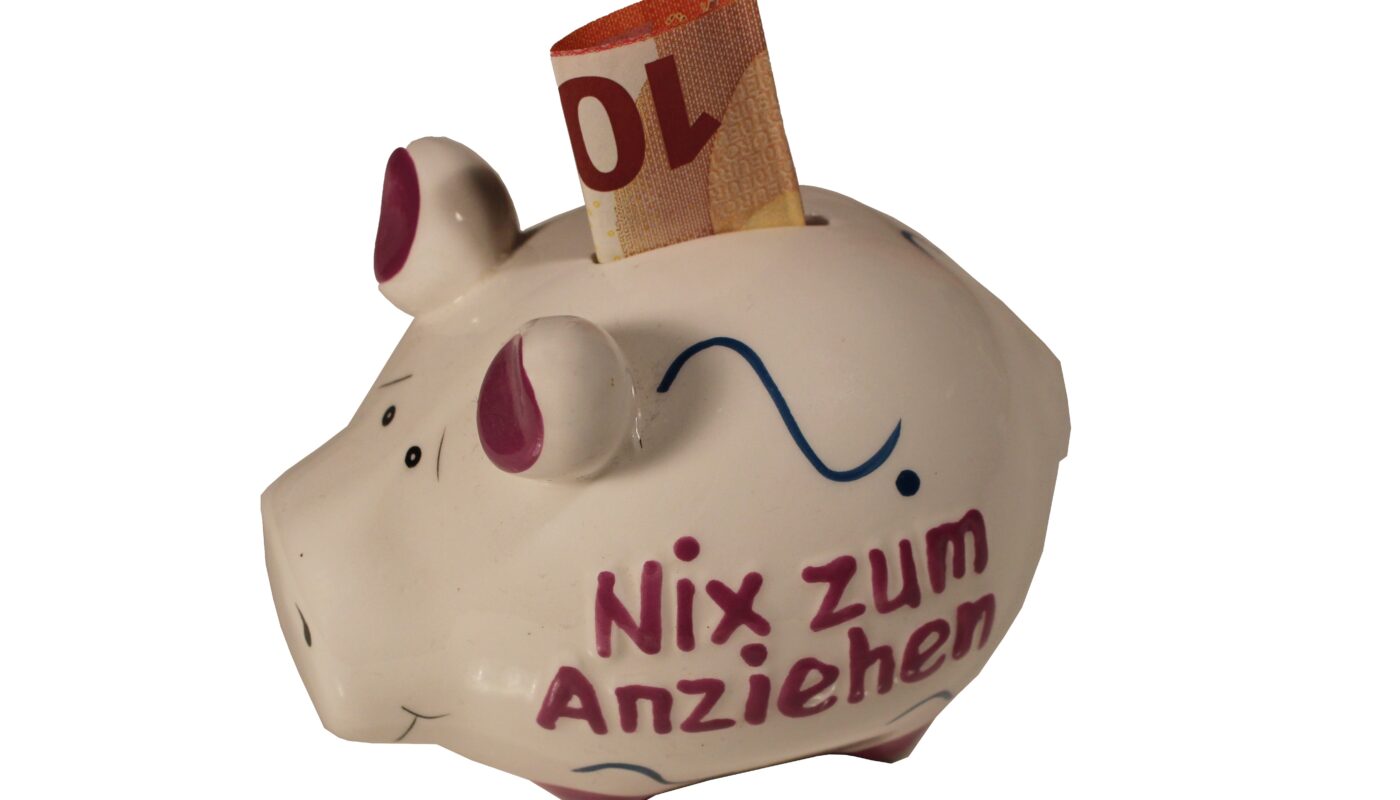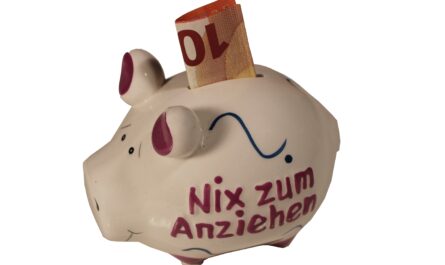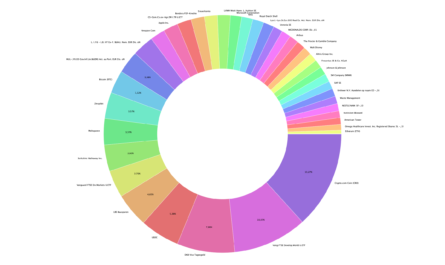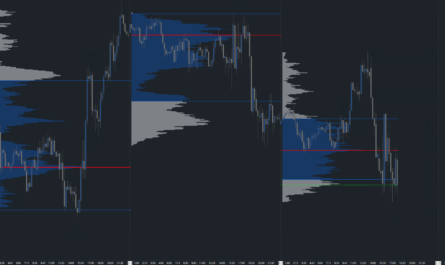The fact that inflation is not a nice thing, especially for people with low incomes, and that politicians and central banks like to gloss over it, is something we have already covered several times in this blog. In the last six months alone, the inflation rate climbed to 7.9% in Germany. However, the basis of the survey corresponds to an average value of a very specific basket of goods. Energy costs and food in particular have seen a much steeper upward trend. In some cases, prices in these areas have more than doubled.
It is becoming increasingly difficult to put aside any money at all for one’s own old-age provision, or even to cover one’s own living expenses. A salary adjustment is in these days therefore more importantly than ever, strengthens then however the cold progression, which solves medium-term no problems. Anyone who is still lucky enough to enter the next payroll period with a surplus in their account at the end of the month will have to think carefully about what they do with their money.
Most recently, attempts were made to keep inflation at a level of around 1.5 to 2.0%; in the 1960s, overnight deposit accounts offered interest rates of more than 6%. Offsetting this, one could make a decent return without risk and double one’s deposit about every twelve years. Retirement planning was therefore much easier to manage than it is today.
If you want returns, you have to take risks
Today, you can be happy if you don’t have to pay money to keep your reserves in the bank. At the same time, money is continuously losing purchasing power thanks to ever-increasing inflation. So you not only have to see how you can increase your money for your old age, but also how you can protect it from depreciation.
Unfortunately, this no longer works without risk as it did 50 years ago, but only works if you expose your money to risk. Going to the stock exchange is a mandatory prerequisite, where theoretically there is always the threat of a total loss. However, risk always means opportunity and can be minimized with simple tricks, which we have of course already dealt with many times in this blog. One of them is that you should always act for the long term and rely on a broadly diversified portfolio. If you take this to heart, you can build up assets over the long term despite losses that occur from time to time, and later make yourself less dependent on the basic state pension.
Due to this development and the current monetary system, savers are virtually forced to take risks and often try to increase their money on the stock market without knowing it. This turns the entire world into a casino, since it is only possible to save money at all by taking great risks. Another solution would be a deflationary system, such as the Bitcoin.
The state benefits tremendously
Incidentally, the state is one of the biggest beneficiaries of inflation. Since the debts it took on years ago have steadily lost value, it has to pay back less. On top of that, due to the rise in consumer prices, revenues via sales tax are increasing, as this is collected as a percentage of the value of goods.
As a result, the state has long since recovered the retroactively introduced reduction in wage tax, the difference of which is paid back to all employees with their June salary. On average, employees will receive about 70 euros more in pay. But anyone who had just under 400 euros in additional expenses over the first six months of the year due to inflation has already transferred this back to the state.
Keyfacts:
- in the past, thanks to high interest rates, you could increase your money risk-free
- today, you can be happy not to have to pay for the storage of money
- who wants to have yield, must go into the risk
- the state is the biggest profiteer of inflation







